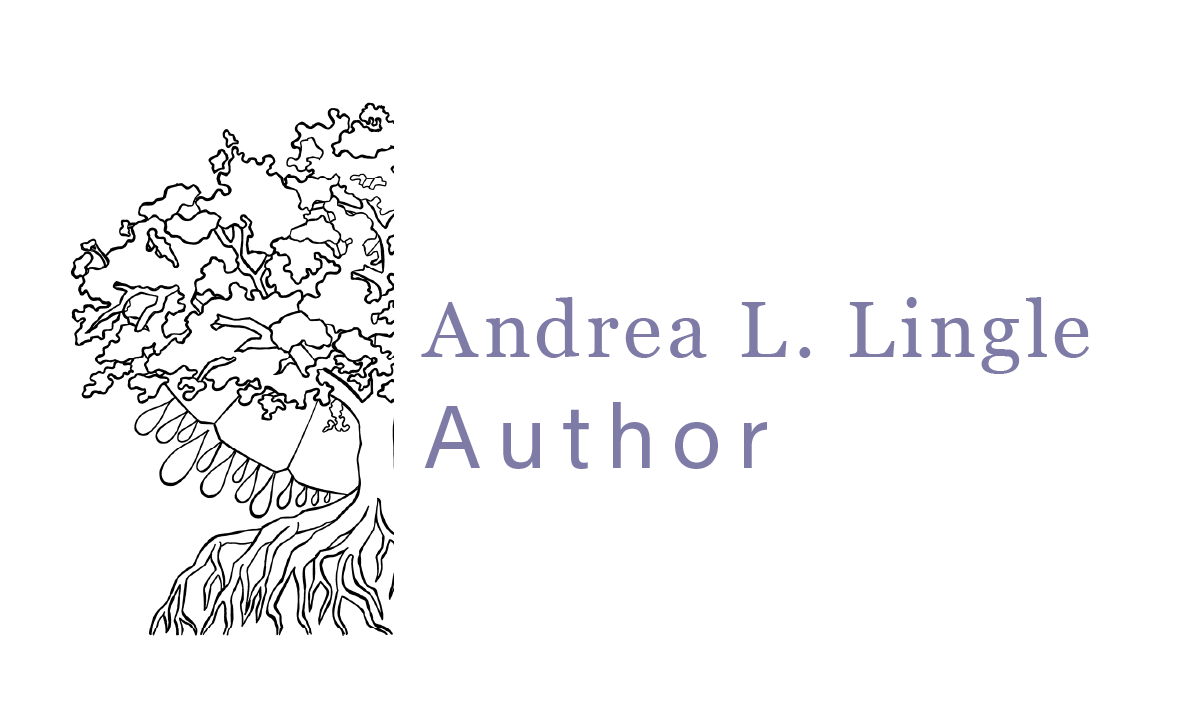Liturgy of the Mundane Week 2 Writing Prompts
Why do I do writing practice?
Nine years ago my husband and I were expecting our fourth child. I was completely overwhelmed by the idea of being pregnant again, but there I was. Most of what I remember about that pregnancy was being too tired to stand, so I sat. I sat to fold clothes, I sat to cook dinner, I sat to watch my kids in the back yard. I was sitting-down-tired. Then she stopped moving. Still birth is something that never stops hurting. I have told this story before. It is enough to say that our lives stopped. Somewhere deep in my guts, I knew that I had to write through the grief, so I took a writing class. I needed deadlines and feedback. I knew that it had to be more than journaling. I needed writing with consequences.
The windows of the classroom were fogged with time. There were a dozen people sitting around a conference table, but we were not there to conference. Each person had a pen, a notebook, and a secret hope of being discovered. Writers are like that. They sit at conference tables, burning with words and hope. Perhaps today will be the day that the right person reads a sentence of mine and then it will be book tours and headshots and Q&As with the author. That’s not what happened.
Instead I learned about writing practice.
Writing because it connects you to something ineffable. Writing for the sheer goodness of letting writing into your life. Christine Hale, the professor, opened up Natalie Goldburg’s Writing Down the Bones and read to us. And Natalie insisted that writing was about more than crafting the perfect sentence, it was about allowing writing to come in to your life and empty your pockets. It was about trusting your guts to something mysterious. It was about letting writing do the writing.
Monday: The first time I saw you…
Tuesday: What I am paying attention to…
Wednesday: Three things I want to do before I die…
Thursday: Sometimes I wonder why I am so tired…
Friday: A list of everything I don’t regret…
Writing Practice Rules:
Grab a pen and paper or dictation device or computer
Write/record the prompt at the top of your page
Set a timer (you can adjust the time to suit your needs…I keep the practices short so they don’t seem overwhelming)
Take a few moments to visualize what the prompt is bringing up
Write or speak or type!! Try not to edit or criticize. Just write.
Write the details of what is coming up. I call this catching what rises.
If you get stuck, make loops with your pen or nonsense syllables with your voice or tap the keyboard
Write the details of what you are seeing until the timer goes off

